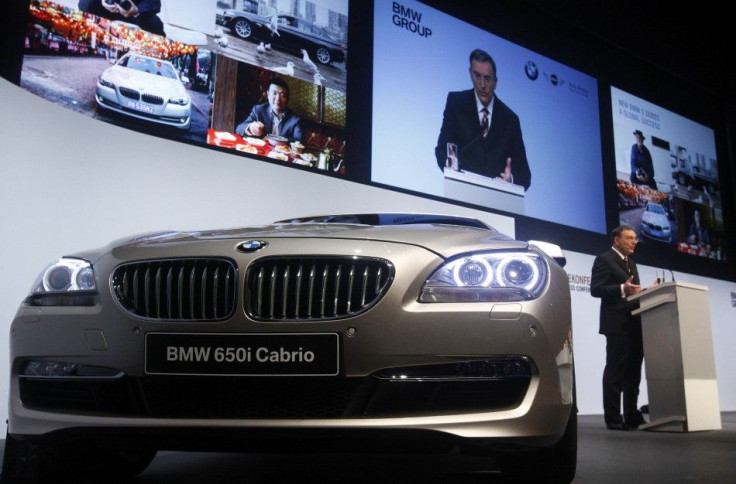German economic sentiment unexpectedly fell in March

German economic sentiment fell unexpectedly in March, as the expectations were hit by hawkish stance of the European Central Bank (ECB) and a major earthquake in Japan.
The ZEW Indicator of economic sentiment for Eurozone’s largest economy dropped 1.6 points to 14.1 points in March, from 15.7 points in February, the Center for European Economic Research said on Tuesday.
Markets had expected the index to rise to 16 points in March.
“March’s small fall in the headline German ZEW index suggests that investor sentiment might be starting to ease in response to the ECB’s increasingly hawkish stance and global concerns,” said a note from Capital Economics.
The survey said that the economic sentiment in Germany weakened after this two major events, despite showing an increase in the beginning of the month.
“Because of the hint of the ECB, that it might raise the key interest rate earlier than expected, economic sentiment deteriorated,” the institute said.
However, the expectations on current economic situation remained almost unchanged with the corresponding index increasing by 0.2 points to 85.4 points.
The German economy is in a robust shape. Nevertheless, the tragic events in Japan could slow down the dynamics of German economic growth at least in the short run, said Wolfgang Franz, ZEW President.
Separately, the data showed that economic expectations in the eurozone rose slightly by 1.5 points to 31.0 points in March against the market expectations of increase to 34.50 points.
© Copyright IBTimes 2024. All rights reserved.





















